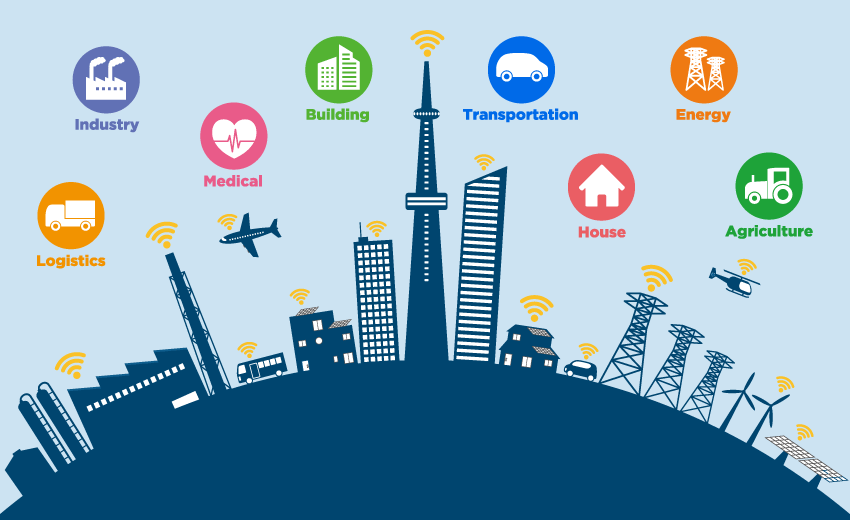Smart cities are transforming urban life by integrating technology, improving infrastructure, and enhancing the quality of services. However, despite the growing adoption of smart city technologies, the path to full implementation is filled with obstacles. Understanding these smart city challenges is crucial for governments, businesses, and urban planners to create sustainable, efficient, and connected cities. Here are the five main challenges facing smart city development—and how to solve them.
1. High Infrastructure and Implementation Costs
The Challenge
Developing a smart city requires significant investment in infrastructure, including IoT devices, communication networks, data centers, and smart transportation systems. Many cities struggle to secure adequate funding, leading to incomplete or delayed projects.
The Solution
Public-private partnerships (PPPs) can play a key role in addressing this challenge. By encouraging private sector investment and collaboration, cities can access additional resources and technical expertise. Additionally, phased implementation strategies—starting with critical areas such as traffic management and public safety—can help manage costs while delivering tangible benefits.
2. Data Security and Privacy Concerns
The Challenge
Smart cities rely on massive amounts of data from various sources, including sensors, cameras, and mobile applications. This creates significant vulnerabilities in terms of data breaches, hacking, and unauthorized access. Public trust can be severely undermined if sensitive data is compromised.
The Solution
Implementing end-to-end encryption, secure data storage, and multi-factor authentication are essential measures to protect smart city data. Moreover, establishing clear data privacy regulations and transparency around data usage can increase public confidence and ensure compliance with international standards.
3. Interoperability Between Systems and Platforms
The Challenge
Smart cities require the integration of various systems—traffic control, public transport, waste management, and emergency response. However, many of these systems operate on different platforms, creating compatibility issues and reducing overall efficiency.
The Solution
Developing a unified smart city platform that can integrate multiple systems and enable real-time data sharing is key to resolving interoperability issues. Open data standards and APIs (Application Programming Interfaces) can also facilitate communication between different systems and platforms, improving coordination and response times.
4. Public Acceptance and Citizen Engagement
The Challenge
Resistance from residents and lack of public awareness can slow down smart city adoption. Concerns about surveillance, data privacy, and the perceived complexity of smart technologies may cause hesitation among citizens.
The Solution
Engaging citizens through participatory platforms, public forums, and educational campaigns can help build trust and increase acceptance. Providing user-friendly apps and services that directly improve daily life—such as real-time traffic updates or smart waste management—can demonstrate the tangible benefits of smart city technologies.
5. Regulatory and Policy Barriers
The Challenge
Outdated urban planning regulations, bureaucratic delays, and inconsistent policy frameworks can create roadblocks for smart city projects. Without a clear legal and regulatory structure, cities may struggle to implement new technologies effectively.
The Solution
Governments need to establish comprehensive smart city policies that promote innovation while ensuring compliance with data privacy and security standards. Forming a dedicated smart city task force can help navigate regulatory challenges and create a streamlined approval process for new projects.
Conclusion
Smart city development presents numerous challenges, from infrastructure costs to public acceptance and data security. However, strategic partnerships, technological innovation, and citizen engagement can help overcome these barriers. By addressing these smart city challenges with a structured approach, cities can unlock the full potential of smart technologies and create more connected, efficient, and sustainable urban environments.
Explore how MTi Arabia can help you leverage these trends to revolutionize your city. Contact us here.



